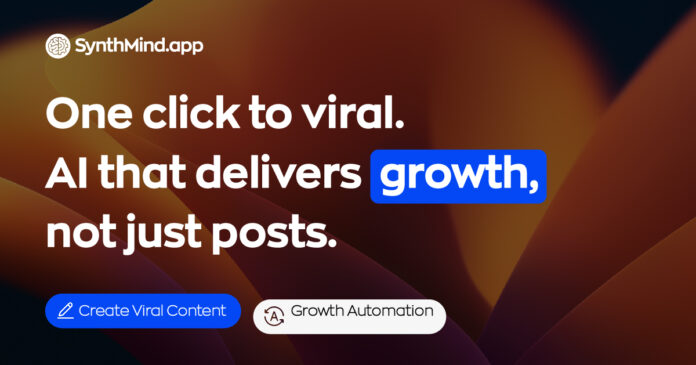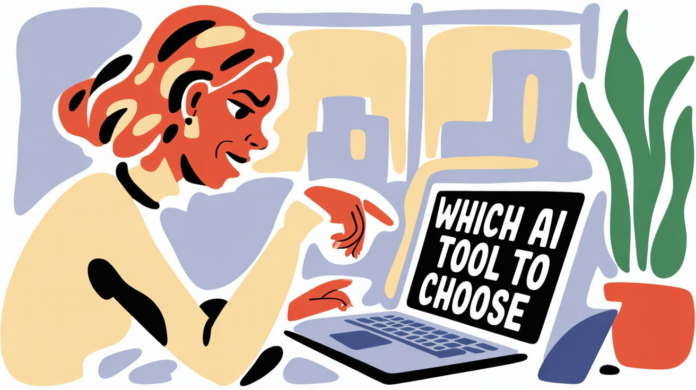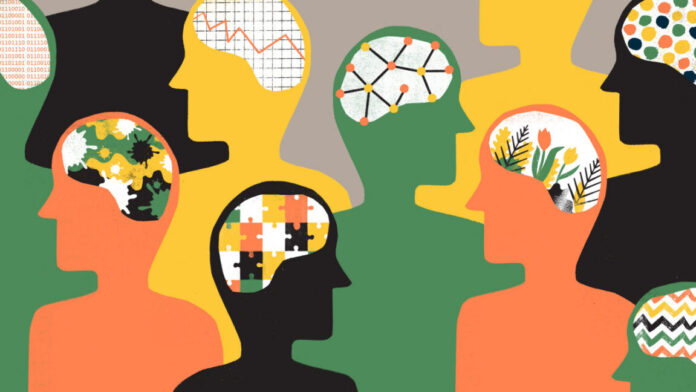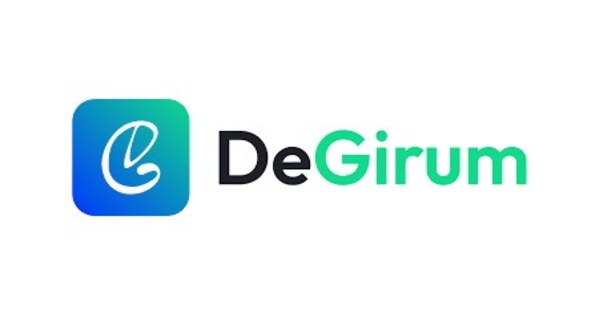Unlock the Future of AI Collaboration with SynthMind
Discover how SynthMind is revolutionizing the way we interact with AI. This innovative platform empowers users to harness artificial intelligence seamlessly, enhancing productivity and creativity.
Key Features of SynthMind:
- Intuitive Interface: User-friendly design makes AI access easy for everyone, regardless of skill level.
- Versatile Applications: Perfect for content creators, developers, and entrepreneurs.
- Real-time Collaboration: Work alongside AI in dynamic environments for instant feedback and idea generation.
As AI continues to reshape industries, staying ahead is essential. SynthMind not only bridges the gap between humans and machines, but it also fosters a community of tech enthusiasts eager to explore groundbreaking possibilities.
👉 Join the conversation! Share your thoughts and experiences, and together let’s shape the future of technology. Visit SynthMind to learn more!








